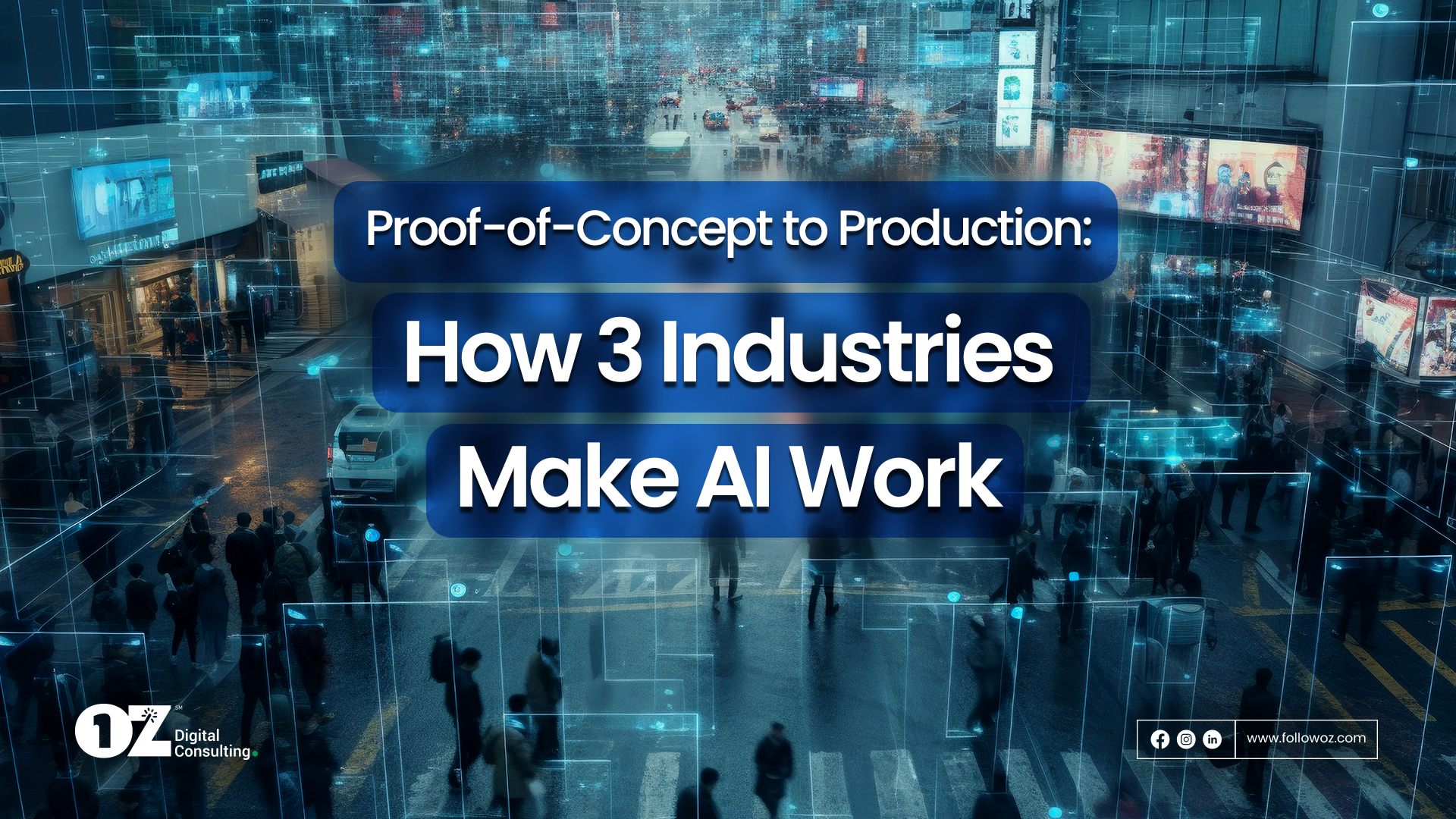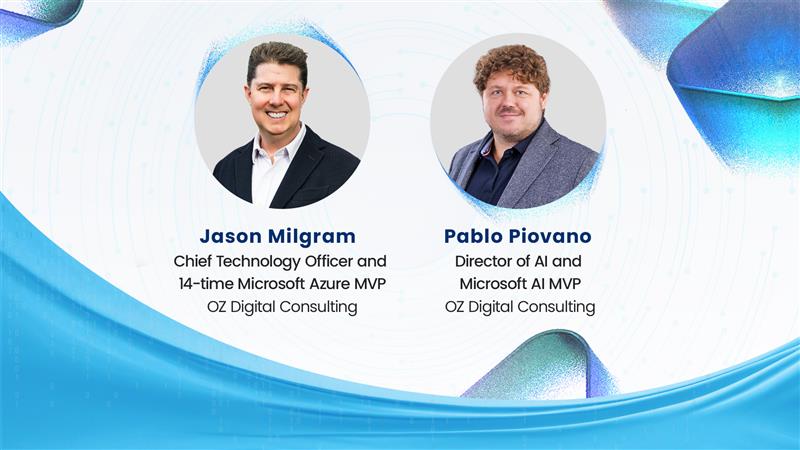By Sal Cardozo, Senior Vice President, Data Analytics & AI
The AI era is upon us. Most organizations acknowledge that artificial intelligence (AI) and machine learning (ML) will have a profound impact on their business. Not surprisingly, they’re ramping up investment in AI/ML to harness the full power of their data.
Analysts estimate that the global potential impact of AI/ML will be $15T, which is 15% of global GDP. But despite the record investment in AI/ML across industries, many initiatives struggle to take off, hampered by data, scale, and deployment challenges.
As Hillary Ashton, Chief Product Officer at Teradata, points out, “With only half of AI/ML projects making it into production, it’s become clear that organizations are not able to fully scale their advanced analytics initiatives and maximize their investments.” According to a recent Gartner study, only 54% of AI projects make it from pilot to production.”
So, what ails these projects, and what prevents their moving from pilot to production?
- Data Access
The more data AI can ingest, the higher the accuracy. But often, insufficient data hinders data scientists from developing robust AI and ML solutions. Creating or obtaining data sets large enough for training can be difficult. So, data scientists often have to contend with smaller, less usable snapshots of the data instead of the entire data lake, which can impact model accuracy.
- Model Development and Deployment
Several things go into turning a pilot into a scalable deployment. You may have to streamline code, introduce technologies, expand your data repository, hire teams, and set up a data labeling factory. And you have to iterate frequently and fast. To do that, you require an MLOps infrastructure, which only cloud service providers offer.
- Service Complexity
Building a modern ML/AI platform from the ground up means acquiring and integrating the right technologies for production and testing continuously — tasks that are time-consuming and resource-intensive.
Enter Azure Machine Learning.
Azure Machine Learning: Beat the Proof-of-Concept to Production Gap
Azure Machine Learning allows you to execute complex analytics and AI/ML on massive data sets, simplifying and accelerating the ML lifecycle. So, you can unlock the full value of your data, even in the most complex and demanding environments.
It empowers ML professionals, data scientists, and engineers to train and deploy models faster and accelerate time to value by leveraging the massive data sets that Azure ML ingests.
With Azure ML, organizations across industries are realizing the benefits from the following use cases and much more:
Azure Machine Learning — Use Cases by Industry
Retail
- Predictive Maintenance: One of the most popular use cases for Azure Machine Learning in business is predictive maintenance. By collecting and analyzing data from sensors and other sources and applying machine learning models, retailers can predict if equipment will fail — and take preventive action.
- Inventory optimization: Through SKU assortment and machine learning, retailers ensure shelves are stocked and best-selling products are always available.
- Fraud Detection: Azure Machine Learning excels at detecting fraudin financial transactions. It can flag anomalies and unusual data spikes indicating fraudulent activity, alerting businesses to potential issues.
- Customer Service: Azure Machine Learning transforms customer data into actionable insights, helping you provide personalized offersand improve the customer experience.
- Customer Churn Prediction: Customer Churn Predictionimproves decision-making regarding customer engagement and lifetime value. Using a data set, the classification model within Azure Machine Learning, such as logistic regression or random forest, can accurately predict customer churn. Azure ML also provides tools for cleaning missing data to help you replace values or remove outliers. It supports the division of data for training and testing the model, offering a comprehensive solution for churn analysis.
- Sentiment Analysis:Customers are everywhere engaging with your brand on their preferred social and online channels. Sentiment analysis, or opinion mining, lets you tap into these conversations and get real-time insights. Based on a confidence score, it labels customer sentiment as “negative,” “neutral,” or “positive,” helping brands flag negative sentiment and take corrective action before it devolves into a PR crisis.
- Recommendation Engine: A product recommendation engine— using Azure Machine Learning and AI — analyzes customer data to learn what products and services interest customers. Based on this search behavior, retailers can serve relevant, predictive offers, deals, and discounts tailored to each customer. An effective recommendation engine will even use the results to create individualized customer profiles — and drive sales.
- Demand Forecasting by Pricing Optimization: Traditional retail demand planning systems take a fixed, rule-based approach to forecasting and replenishment order management. It works well for stable and predictable product categories but can be limiting otherwise. On the other hand, demand forecasting by pricing optimization meets customer demand through forecasts based on variable pricing and business constraints.
Healthcare
- Disease Prevention and Diagnostics: ML algorithms can analyze vast troves of medical data — patient records, imaging, and genetic information — to identify patterns and predict potential disease risks. This helps in early detection and diagnosis. Anomaly identification, a process that takes radiologists hours to uncover through scans, takes AI just minutes to pinpoint.
- Image and Signal Analysis: ML algorithms excel at image and signal analysis and can accurately distinguish medical images (e.g., X-rays, MRIs) from signals (e.g., ECGs). Earlier, the radiologist would produce several scans and manually go over each scan to trace the outline of the tumor. But now, using ML, radiologists can automatically trace the shape of a tumor and render a 3D composite in minutes.
- Personalized Treatment Plans: Machine learning analyzes patient data to produce individualized treatment plans, including predicting how patients respond to medication or therapies.
- Health Monitoring and Predictive Analytics: Wearable devices and health monitoring systems powered by machine learning can track and analyze real-time health data providing timely insights. That’s not all. Hospitals using ML and AI can also forecast the patient’s duration of stay.
- Drug Discovery and Development: In clinical trials, AI/ML systems accurately screen potential patients by evaluating their disease state, deciphering complex biological data, and forecasting outcomes, leading to more efficient trials, reduced costs, and better success rates.
Insurance
- Lapse Management: Azure ML identifies policies likely to lapse so insurers can contact the insured about next steps.
- Recommendation Engine: By mapping similar customers, Azure ML pinpoints excessively or underinsured customers. Insurers can then proactively reach out to them so they may have the right insurance.
- Assessor Assistant: Once a vehicle gets towed to a body shop, computer vision helps the assessor identify issues that need fixing, speeding up the assessment and informing customers of any repairs.
- Fraud Detection: Predictive analytics, including text analytics and sentiment analysis, sifts through unstructured data— something that wasn’t possible earlier — to proactively identify patterns and detect fraud.
- Personalized Offers: Improve the customer experience by offering relevant information about the coverage the insured may need based on life events, such as the birth of a child or the purchase of a home or car.
- Experience Analyses: Uses unsupervised machine learning to discover predictors in claims activity. This information helps make assumptions and feed into pricing models, risk analyses, and other actuarial analyses.
- Scaled Training: Use Azure ML to train your models using GPUs or thousands of CPU cores.
Get Started with Azure Machine Learning
Microsoft Azure Machine Learning empowers data scientists and developers to build, deploy, and manage high-quality models at scale. It gives them the confidence and support they need to ramp up their AI/ML initiatives to drive business impact. With over 25 years of Microsoft technology experience, OZ can help you accelerate time to value with Azure Machine Learning, including providing support from the ground up for security, compliance, and responsible AI.
Want to learn more about how Azure ML can fit into your advanced analytics strategy? Contact us today.



